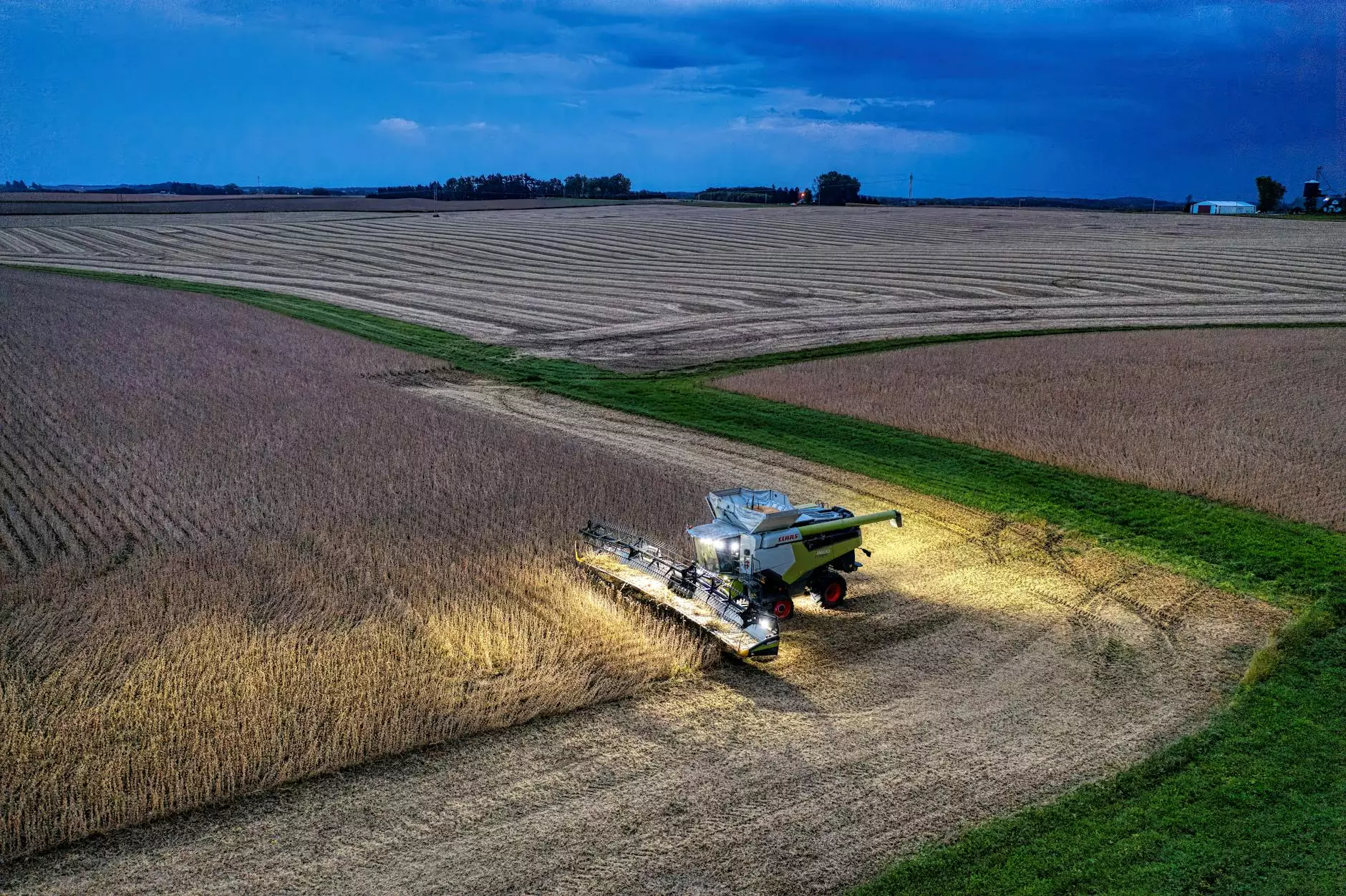The Significance of Wheat Moisture in Farm Equipment Repair

When it comes to the realm of Farm Equipment Repair and Farming Equipment, one crucial element that cannot be overlooked is the moisture content of wheat. The term "wheat moisture" holds paramount importance in ensuring the quality and efficiency of farming operations.
Understanding Wheat Moisture
Wheat moisture refers to the amount of water present in wheat grains. Maintaining the correct moisture levels in wheat is essential for various stages of farming, from cultivation to storage. Improper moisture content can lead to issues such as spoilage, reduced quality, and even machinery breakdowns.
Importance in Farm Equipment Repair
For businesses in the field of Farm Equipment Repair, understanding and managing wheat moisture is key to serving farmers effectively. Properly calibrated equipment that can measure and regulate wheat moisture levels is essential for ensuring optimal crop quality and minimizing post-harvest losses.
Benefits of Monitoring Wheat Moisture
- Enhanced Crop Quality: By maintaining the correct moisture levels in wheat, farmers can ensure that their crops meet industry standards for quality and nutritional value.
- Reduced Downtime: Farming equipment that is equipped to handle wheat moisture monitoring can help prevent breakdowns and costly repairs, saving time and resources.
- Improved Storage Conditions: Properly dried wheat with optimal moisture content can be stored more effectively, reducing the risk of spoilage and waste.
Implementing Wheat Moisture Practices
For businesses specializing in Farm Equipment Repair, offering services that include calibration, maintenance, and training related to wheat moisture management can set them apart in the industry. By collaborating with farmers to optimize wheat moisture levels, businesses can build trust and loyalty among their clientele.
Conclusion
In conclusion, the significance of wheat moisture in Farm Equipment Repair and Farming Equipment cannot be overstated. By prioritizing the management of wheat moisture levels, businesses can drive efficiency, quality, and sustainability in agricultural practices. Embracing advancements in technology and practices related to wheat moisture will not only benefit farmers but also elevate the reputation and success of businesses in this sector.









